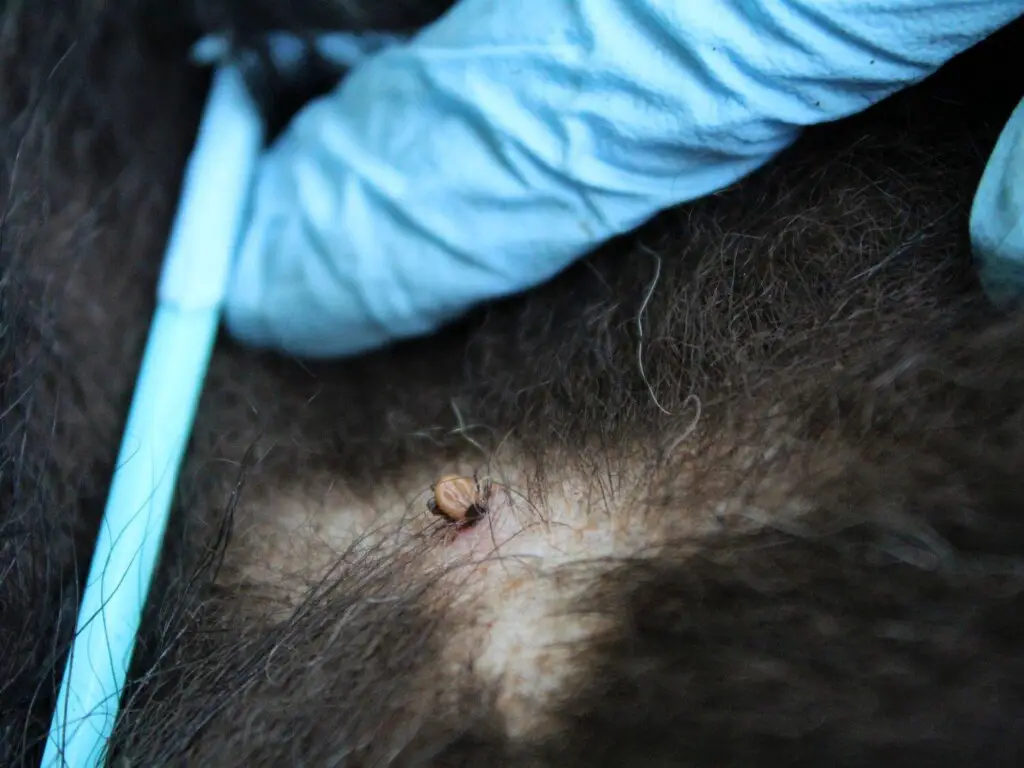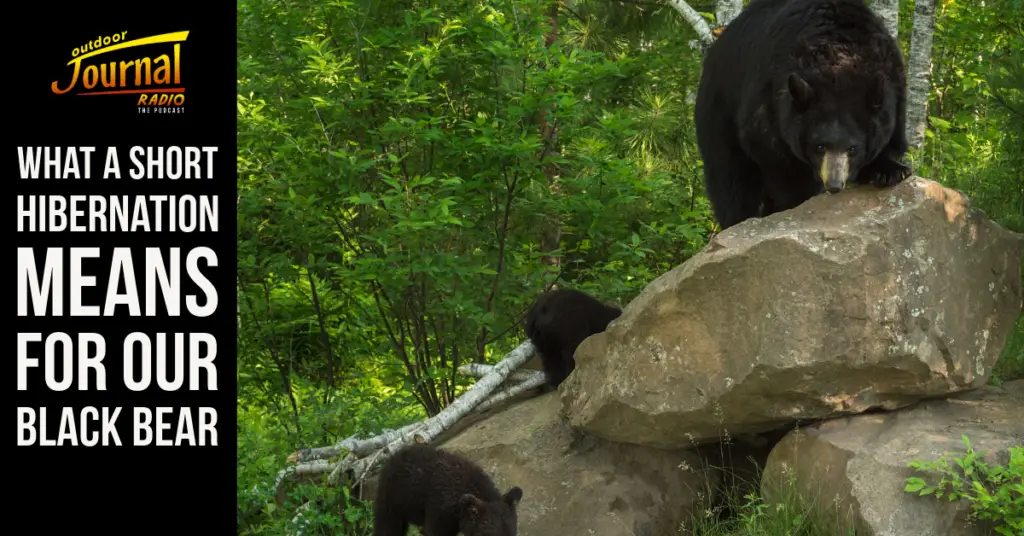Originally seen in Fish’n Canada’s Week in Review
Our second story comes to us from south of the border, but its relevance to Canadian outdoorsmen surely warrants a spot on our list.
According to an article out of Pennsylvania State University, the rising numbers of Deer Ticks (aka Blacklegged Ticks) may be connected to a species once ignored in Lyme Disease research – the American Black Bear.
As is indicative by their name, Deer Tick research has often focused on two host species – White-tailed Deer and White-footed Mice. According to researchers in Pennsylvania, however, this may have been a mistake.
In an interview with Phys.org, lead researcher, Hannah Tiffin, suggests that this narrow research focus has created a lack of information on other animals’ relationships to Deer Ticks and what their role could be in tick dispersal. As research is now expanding, however, a link between bear population growth and tick dispersal is becoming much more apparent.
As they are in much of the north-east, Pennsylvania bear populations are steadily increasing, In fact, according to Tiffin, Pennsylvania bear populations doubled between the late 1980s and 2001 and have continued to rise in the last 20 years. Over this same time frame, Lyme Disease cases have increased significantly, tripling between 2004 and 2017.
The connection between bears and ticks was made after researchers began finding significant amounts of Deer Ticks on Black Bears harvested during hunting seasons and involved in vehicle collisions. Due to these findings, a study was later conducted on 278 bears, revealing that many Black Bears are hosting not just Dog Ticks, but Deer Ticks in all three of their life stages – from larvae to nymphs to full-grown adults.
“Because black bears are known to host several species of ticks,” said Tiffin, “and these animals can travel long distances—particularly male bears that may travel more than 100 miles when establishing a new territory—it’s important to understand their role in tick ecology and dispersal, especially in a region with high numbers of Lyme disease cases.”
This connection will be especially interesting to keep up with as states such as New Jersey and Washington look to put a ban on bear hunting – a decision that may have more consequences than once thought.
If you’re interested in reading more on this topic, check out the full report here!
This excerpt was taken from Fish’n Canada’s Week in Review, our weekly recap of all things relevant to the Canadian outdoorsman. For more stories like this, check out the full article below and tune back in every Friday to catch up on everything you missed!









